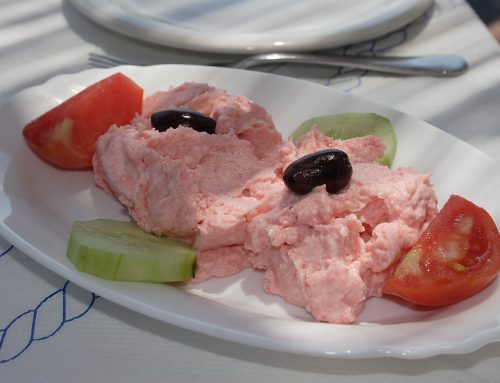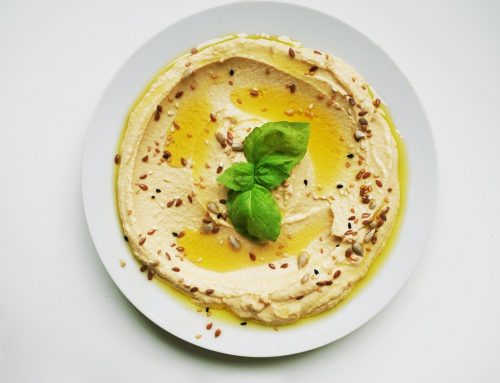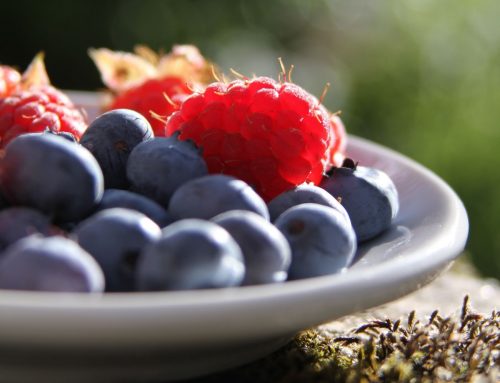The cantaloupe is a juicy, orange summer fruit that’s related to the watermelon and honeydew melon. It also belongs to the same plant family as cucumbers, pumpkins, squashes, and gourds.The semi-sweet cantaloupes most familiar to people in the U.S. are a type of muskmelon called Cucumis melo reticulatus. The scientific name stems in part from the word “reticulated” to describe the cantaloupe’s rough, webbed outer skin.People have cultivated cantaloupe for thousands of years. Most people agree it likely first grew in Persia (modern Iraq). The fruit made its way to the New World with Christopher Columbus during his second voyage in the late 1400s.
Nutrition
Like many fruits and vegetables, cantaloupe is mostly water. One cup of fresh cubes has 144 calories, 6% of your daily serving of fiber, and zero fat and cholesterol.
- 100% of the daily value for vitamin C, a powerful antioxidant that protects your cells from damage
- All your daily need for vitamin A, which helps keep your eyes, skin, bones, and immune system healthy
- About 12% of your recommended daily potassium, important for your heart, muscles, and blood pressure
Health Benefits
It’s low in carbs. Cantaloupes are 90% water. That’s almost as juicy as a watermelon. The high fluid content gives cantaloupes a low glycemic load score of 4, which means your body digests it slowly and it won’t make your blood sugar level spike. So it’s a great pick for people with diabetes.
It hydrates you. Cantaloupes are filled with electrolytes — minerals that balance fluids in your body and keep it working right. That helps you stay hydrated and full of energy.
It may help fight diseases. Compounds called phytonutrients in cantaloupes give it anti-inflammatory properties. It’s good part of a healthy diet.
What to Watch For
Cantaloupes are one of the most common fruits and vegetables involved in foodborne illnesses. Its textured, net-like rind can harbor harmful pathogens. Wash the outside under running water with a vegetable brush. Rinse your knife after each cut to avoid contamination.
Fiber. You also may want to limit how much cantaloupe you eat if you have cancer, had a bowel surgery, or have an inflammatory disease. Large amounts of fiber from the fruit can be hard on your intestines if you have diarrhea, cramping, or trouble digesting food.
Ways to Enjoy It
Slice into a cleaned cantaloupe and remove the seeds. You can scoop out the fruit or peel the rind. Refrigerate the cut fruit, and eat it in 2 to 3 days. Or freeze chunks between wax paper and keep for up to a month.
Here are some ways to savor cantaloupes:
On its own. Simply cube, scoop, or slice it for a snack or healthy dessert.
Add it to a salad. Sprinkle pieces of cantaloupe in any salad for a sweet touch. In fruit salads, it mixes well with berries, mangos, and avocados.
Have it for breakfast. Create a breakfast parfait with layers of Greek yogurt, granola, and the fruit. Or use a cantaloupe half as the bowl itself and fill it with the yogurt and toppings.
Chill it for soup. Puree the fruit until smooth. Wisk in citrus juices (orange, lime, lemon) and a bit of honey, cinnamon, and salt.
Eat the seeds. Roast the cleaned seeds in the oven. Eat them for a healthy snack or add them to granola.
Source: WebMD





